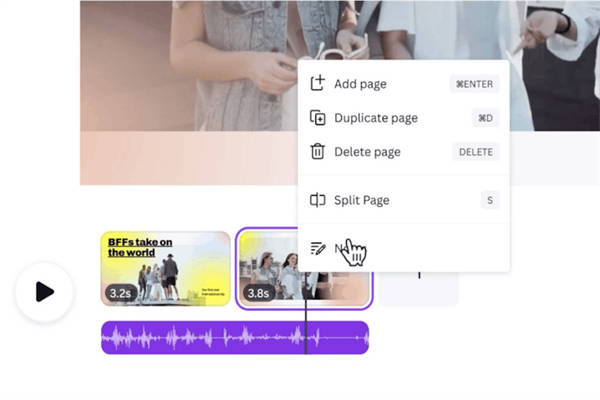Mastering High School English Grammar: Common Challenges and Solutions

High school English grammar is a crucial component of language learning, as it lays the foundation for effective communication and academic success. However, many students encounter common challenges when mastering the intricacies of grammar. Below, we delve into three of the most frequently asked questions about high school English grammar, providing detailed answers to help students overcome these hurdles.
What is the difference between "affect" and "effect"?
One of the most common grammar dilemmas is the distinction between "affect" and "effect." While both words are related to the concept of influence, they serve different purposes in sentences.
- Affect: This is a verb that means to influence or cause a change. For example, "The new policy will affect the company's profits."
- Effect: This is a noun that refers to the result or consequence of an action. For instance, "The company's profits were negatively affected by the new policy."
Remember, "affect" is always a verb, while "effect" is always a noun. This distinction is essential for maintaining clarity and correctness in your writing.
How do you use "its" and "it's" correctly?
The confusion between "its" and "it's" is another frequent grammar issue. These words sound similar but have entirely different meanings and uses.
- Its: This is a possessive adjective, indicating ownership. For example, "The company's profits are increasing."
- It's: This is a contraction of "it is" or "it has." For instance, "It's important to use the correct grammar in academic writing."
Always remember that "its" is used to show possession, while "it's" is used to stand in for "it is" or "it has." Misusing these can lead to misunderstandings in your writing.
What is the correct way to use "who" and "whom"?
The proper use of "who" and "whom" can be tricky, especially when it comes to object and subject pronouns. Understanding their roles in a sentence is key to using them correctly.
- Who: This is a subject pronoun used to refer to the subject of a clause or sentence. For example, "Who is responsible for the project?"
- Whom: This is an object pronoun used to refer to the object of a verb or preposition. For instance, "To whom should I address the letter?"
When in doubt, consider whether the pronoun is the subject or object in the sentence. If it's the subject, use "who." If it's the object, use "whom." This rule will help you avoid common errors in your grammar usage.
How do you form the perfect tense?
The perfect tense is a complex grammatical structure that indicates an action that has been completed in relation to another point in time. There are three main types: past perfect, present perfect, and future perfect.
- Past Perfect: This tense is used to describe an action that was completed before another past action. For example, "I had finished my homework before the bell rang."
- Present Perfect: This tense is used to describe an action that started in the past and continues to the present or has a present result. For instance, "I have lived in this city for five years."
- Future Perfect: This tense is used to describe an action that will be completed before a future point in time. For example, "I will have finished my project by the end of the week."
Understanding the structure of each perfect tense and when to use it is essential for constructing accurate and coherent sentences in English.



.png)
